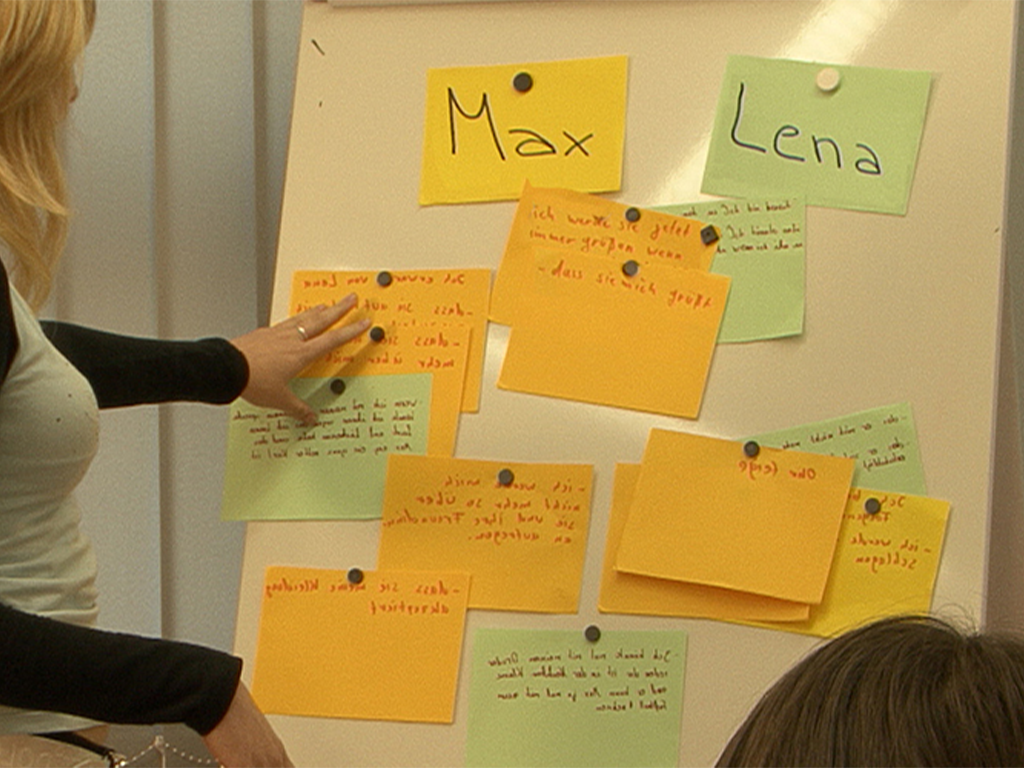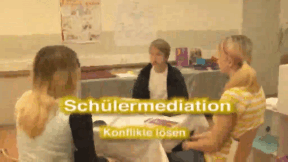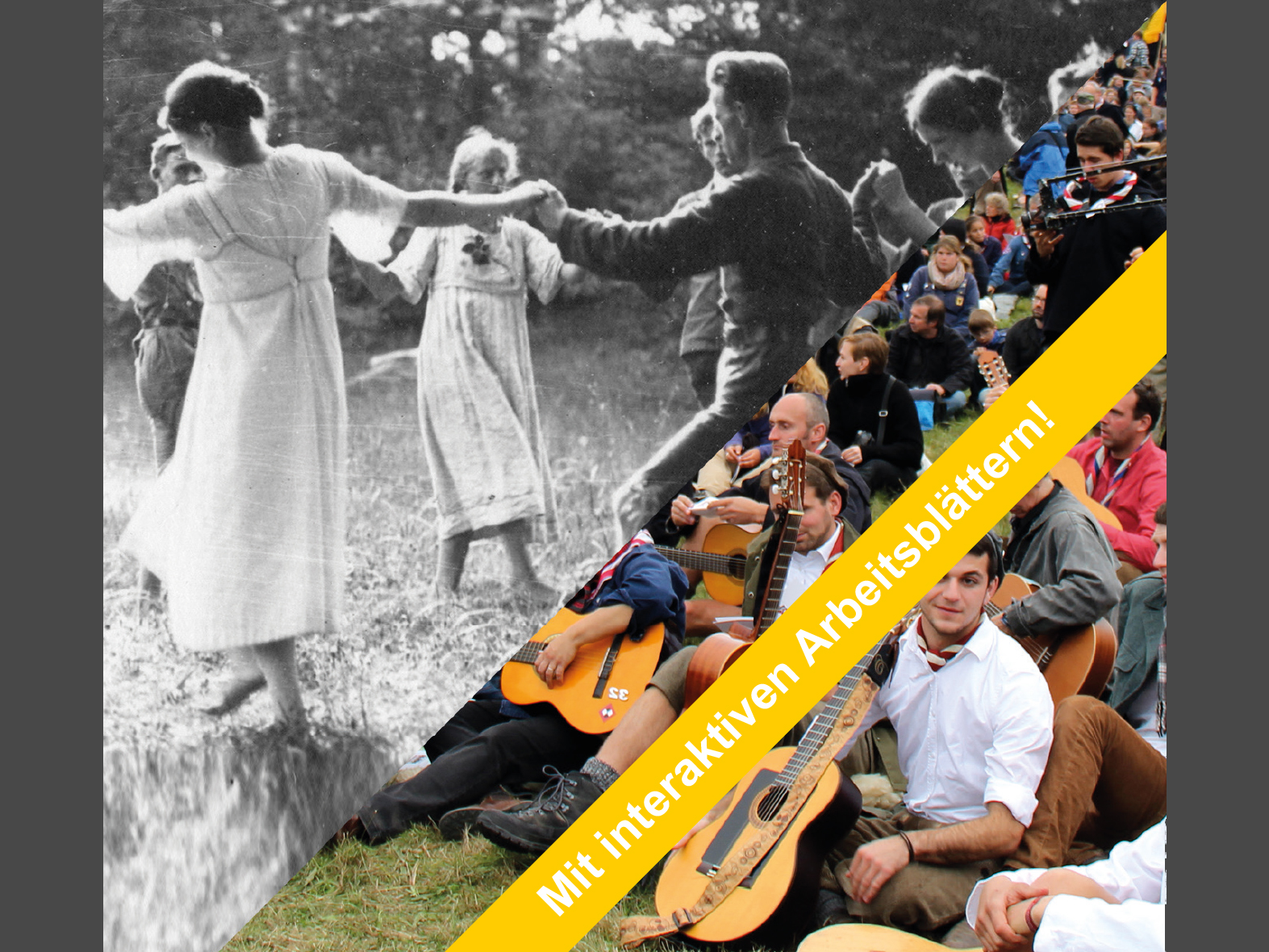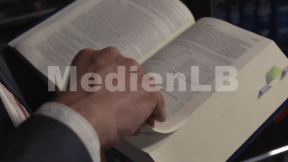 Biology
Biology
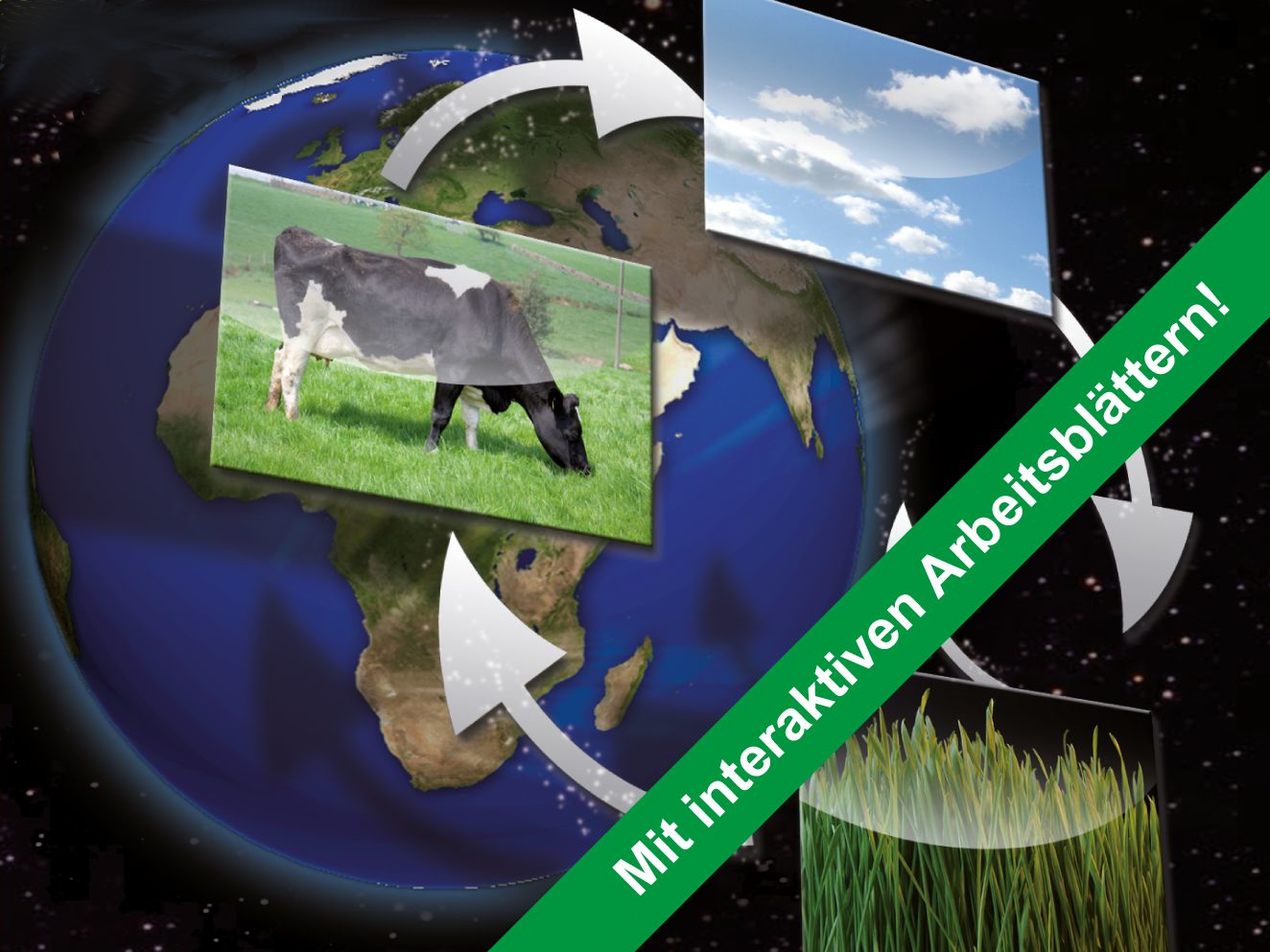
4667673 / 5558932
Basics of Biology II
Energy Cycles
In its first chapter, Basics of Biology II deals with the food chain. The producers as the basis of the food chain and the consumers, the herbivores and carnivores, are introduced /presented. Further focus points are the energy intake through food as well as the energy losses connected with it. The resulting energy efficiency of a herbivore is vividly illustrated in an experiment. Subsequently the carbon cycle is dealt with: its occurrence and the carbon cycle from producer to consumer, and last but not least the function of destruents. In the third chapter the next important cycle, the nitrogen cycle, is discussed. Special emphasis is put on the process of nitrification as well as the function of nitrogen-binding micro-organisms and their natural fertilisation of our agricultural soil. The importance of the nitrate for plants is shown in a laboratory test. Together with the extensive additional material the DVD is ideally suited for use in the classroom.
Play trailer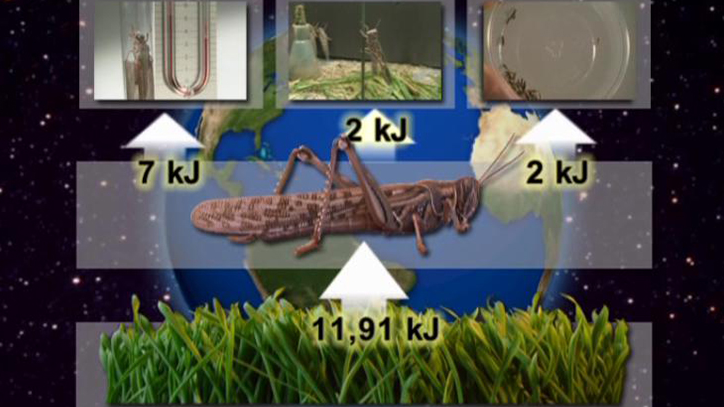
Curriculum-centred and oriented towards educational standards
Matching
Peer Mediation
Lena and Max attend the 7th form. Max is new in class. During a break, Max notices that Lena and her friend are laughing at him again. Max loses his temper! He slaps Lena in the face. That hurts and Lena runs back into the classroom with a red cheek. The growing conflict between the two has escalated. Just like Lena and Max, every day pupils all over Germany have rows with each other. At the Heinrich Hertz Gymnasium in Thuringia, pupils have been trained as mediators for years. At set hours, they are in a room made available by the school specifically for mediation purposes. The film describes the growing conflict between Max and Lena and shows a mediation using their example. In doing so, the terms “conflict” and “peer mediation” are explained in a non-technical way. The aims of peer mediation and its progress in five steps as well as the mediators’ tasks are illustrated. The art of asking questions and “mirroring”, which the mediators must know, is described and explained. Together with the comprehensive accompanying material, the DVD is a suitable medium to introduce peer mediation at your school, too.
Youth Movement
Dancing until your feet hurt: Here, at the meeting on the Hoher Meissner near Kassel, 3,500 participants from Boy Scout associations, youth and Wandervogel groups from all over the German-speaking region have gathered. They want to celebrate, simply get to know each other and commemorate a historic anniversary.




